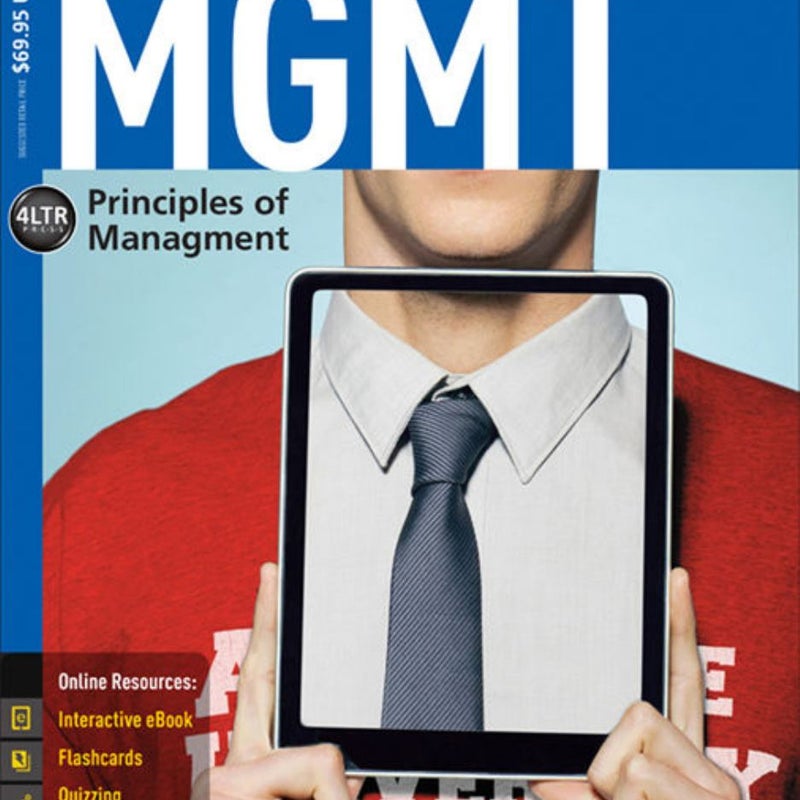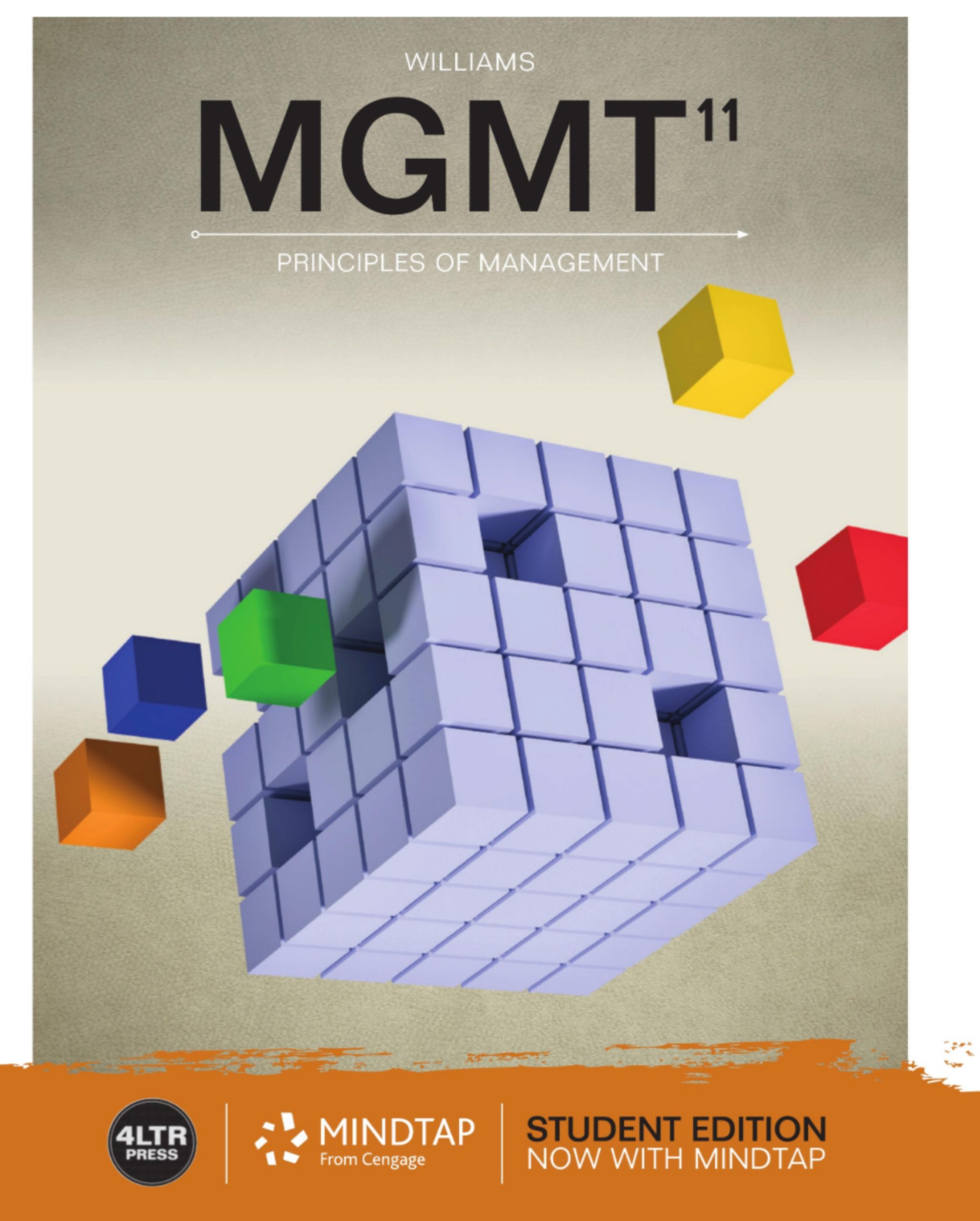Mastering MGMT Principles Of Management: The Ultimate Guide To Boost Your Leadership Skills
**So, let's dive straight into the heart of the matter. If you're reading this, chances are you've either heard about or are already knee-deep in the world of mgmt principles of management. But here's the deal—management isn't just about overseeing people or processes. It's about creating systems that work, fostering growth, and ensuring efficiency. Whether you're a newbie or a seasoned pro, understanding these principles can transform your approach to leadership and organizational success. Let's get this party started, shall we?**
Now, you might be wondering, why should you care about mgmt principles of management? Well, the answer is simple. These principles are the backbone of any successful organization. They provide a framework for decision-making, problem-solving, and strategic planning. Think of them as the GPS for your business journey. Without them, you're basically driving blindfolded in a storm. Not ideal, right?
Before we dive deeper, let's set the stage. Management isn't just about crunching numbers or delegating tasks. It's about understanding human behavior, leveraging resources effectively, and adapting to change. The principles of management give you the tools to do all of this and more. So, whether you're managing a team of five or leading a multinational corporation, these principles are your secret weapon. Stick around, and we'll break it all down for you.
Read also:Hdhub4u Jatt Full Movie Download Your Ultimate Guide To Entertainment
What Are MGMT Principles of Management?
Alright, let's get down to brass tacks. MGMT principles of management are essentially the guiding rules that help organizations function smoothly. These principles were first introduced by Henri Fayol back in the early 1900s, and they've stood the test of time. They cover everything from authority and discipline to unity of command and scalar chain. But don't let the fancy terms intimidate you. At their core, these principles are all about creating a harmonious work environment where everyone knows their role and responsibilities.
Here's the kicker: these principles aren't just for big corporations. They apply to small businesses, startups, and even non-profits. No matter the size or nature of your organization, understanding and implementing these principles can lead to increased productivity, better communication, and overall success. So, whether you're a CEO or a team leader, these principles are worth your time and attention.
Key MGMT Principles Explained
- Division of Work: This principle emphasizes the importance of specialization. By dividing tasks based on expertise, you ensure that each team member can focus on what they do best.
- Authority and Responsibility: Authority gives managers the power to make decisions, while responsibility ensures they're accountable for those decisions. It's a delicate balance, but one that's crucial for effective management.
- Unity of Command: This principle states that an employee should receive orders from one superior only. It helps avoid confusion and ensures clear communication within the organization.
- Scalar Chain: Think of this as the organizational hierarchy. It defines the chain of command and ensures that communication flows smoothly from top to bottom.
Why Are MGMT Principles Important?
Let's face it, without mgmt principles of management, chaos would reign supreme in most organizations. These principles provide a structured approach to managing people and resources. They help in setting clear expectations, improving communication, and enhancing overall efficiency. In today's fast-paced business environment, where change is the only constant, these principles serve as a stabilizing force.
Moreover, they help in developing leaders who can adapt to new challenges and guide their teams effectively. By adhering to these principles, organizations can foster a culture of accountability, innovation, and continuous improvement. And let's not forget, happy employees lead to happy customers, which ultimately translates into a thriving business.
How MGMT Principles Impact Organizational Success
So, how exactly do these principles impact organizational success? Well, for starters, they ensure that everyone is on the same page. When employees understand their roles and responsibilities, they're more likely to perform better. Additionally, these principles promote fairness and equity in the workplace, reducing conflicts and fostering a positive work environment.
They also play a crucial role in decision-making. By providing a clear framework for evaluating options and making choices, these principles help leaders make informed decisions that align with the organization's goals. In short, mgmt principles of management are the unsung heroes of organizational success.
Read also:Camilia Araujo Porn
Implementing MGMT Principles in Your Organization
Talking about mgmt principles of management is one thing, but implementing them is another ball game altogether. It requires a strategic approach and a willingness to adapt. The first step is to assess your current management practices and identify areas for improvement. This could involve conducting surveys, holding focus groups, or simply observing how things are done.
Once you've identified the gaps, it's time to develop an action plan. This could include training programs for managers, revising job descriptions, or restructuring the organizational hierarchy. Remember, change doesn't happen overnight. It requires patience, persistence, and a commitment to continuous improvement.
Steps to Implement MGMT Principles
- Assess Current Practices: Evaluate your existing management practices to identify strengths and weaknesses.
- Develop an Action Plan: Create a roadmap for implementing mgmt principles in your organization.
- Train Your Team: Provide training and development opportunities for managers and employees to enhance their understanding of these principles.
- Monitor and Adjust: Regularly review your progress and make adjustments as needed to ensure the principles are effectively integrated into your organization.
Common Challenges in Applying MGMT Principles
While the benefits of mgmt principles of management are undeniable, implementing them isn't without its challenges. One of the biggest hurdles is resistance to change. Employees and managers alike may be hesitant to adopt new practices, especially if they've been doing things a certain way for years. This is where effective communication and leadership come into play.
Another challenge is ensuring consistency across the organization. With different departments and teams operating independently, it can be difficult to maintain a uniform approach to management. This is where having a strong organizational culture and clear policies comes in handy.
Overcoming Resistance to Change
So, how do you overcome resistance to change when implementing mgmt principles? The key is to involve employees in the process from the start. By seeking their input and addressing their concerns, you can build buy-in and reduce resistance. Additionally, providing clear explanations and demonstrating the benefits of these principles can help ease the transition.
Training and development programs can also play a crucial role in overcoming resistance. By equipping employees with the skills and knowledge they need to adapt to new practices, you can empower them to embrace change rather than fear it.
Case Studies: Real-World Applications of MGMT Principles
Talking about mgmt principles of management is one thing, but seeing them in action is another. Let's take a look at some real-world examples of organizations that have successfully implemented these principles.
One notable example is Toyota, which has long been a pioneer in lean management practices. By applying principles such as division of work and unity of command, Toyota has been able to achieve remarkable efficiency and quality in its production processes. Another example is Google, which has embraced a more flexible approach to management while still adhering to core principles like authority and responsibility.
Lessons from Successful Implementations
So, what can we learn from these successful implementations? For starters, it's clear that mgmt principles of management can be adapted to fit different organizational cultures and industries. Whether you're a manufacturing giant or a tech innovator, these principles can be tailored to meet your specific needs.
Another key takeaway is the importance of leadership in driving change. In both Toyota and Google, strong leadership has been instrumental in implementing and sustaining these principles. By setting the tone from the top, leaders can inspire their teams to embrace new practices and achieve greater success.
The Future of MGMT Principles of Management
As we look to the future, it's clear that mgmt principles of management will continue to play a vital role in organizational success. With the rapid pace of technological change and globalization, organizations will need to adapt and evolve to stay competitive. This is where these principles come in. By providing a solid foundation for management practices, they can help organizations navigate the complexities of the modern business landscape.
Moreover, as the workforce continues to diversify, understanding and applying these principles will be crucial in creating inclusive and equitable workplaces. By fostering a culture of respect and accountability, organizations can harness the full potential of their employees and drive innovation.
Adapting MGMT Principles to the Digital Age
So, how do mgmt principles of management adapt to the digital age? The answer lies in embracing technology while staying true to the core principles. This could involve using data analytics to inform decision-making, leveraging collaboration tools to enhance communication, or implementing digital platforms to streamline processes.
Whatever the approach, the key is to remain flexible and open to change. By doing so, organizations can ensure that their management practices remain relevant and effective in an ever-changing world.
Conclusion: Embrace the Power of MGMT Principles
There you have it—the ultimate guide to mastering mgmt principles of management. By understanding and applying these principles, you can transform your approach to leadership and drive your organization to new heights. Remember, management isn't just about overseeing people and processes—it's about creating a culture of excellence and continuous improvement.
So, what are you waiting for? Take the first step today by assessing your current practices and developing an action plan to implement these principles in your organization. And don't forget to share your thoughts and experiences in the comments below. We'd love to hear from you!
Table of Contents:
- What Are MGMT Principles of Management?
- Why Are MGMT Principles Important?
- Implementing MGMT Principles in Your Organization
- Common Challenges in Applying MGMT Principles
- Case Studies: Real-World Applications of MGMT Principles
- The Future of MGMT Principles of Management

